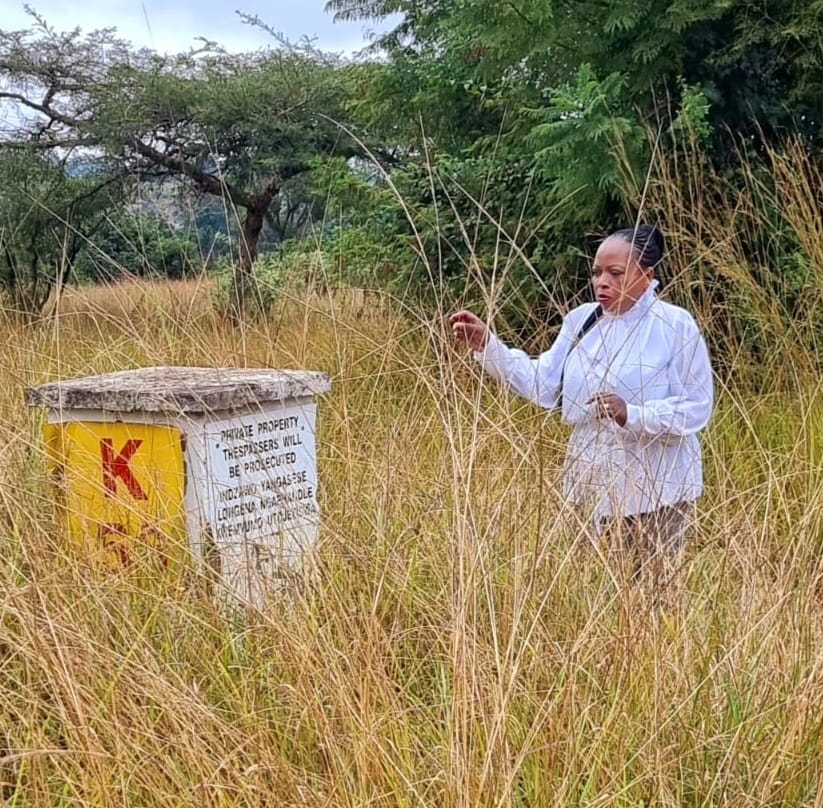-
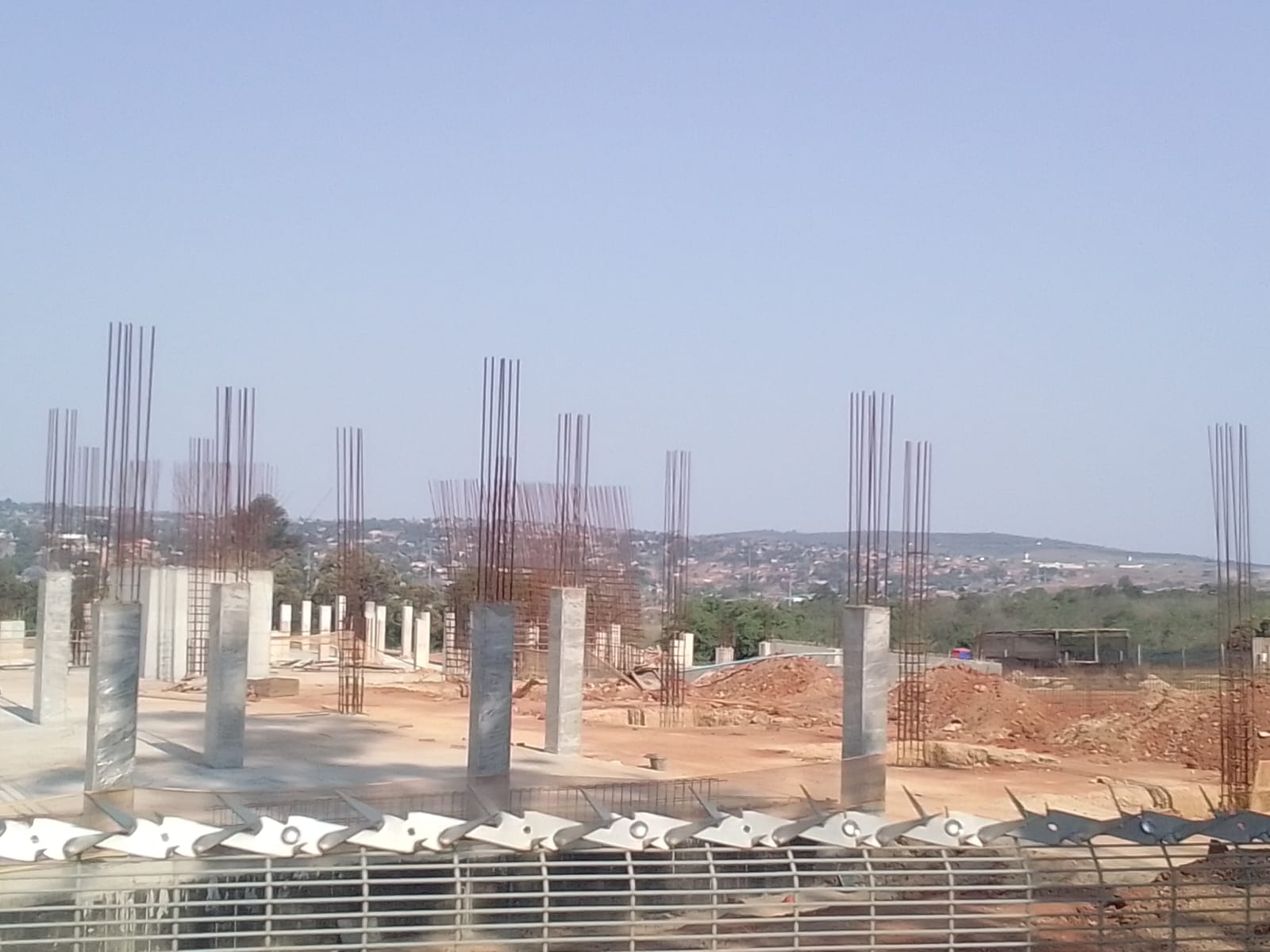 A whole R103m spent on a foundation for Bushbuckridge municipality’s offices
A whole R103m spent on a foundation for Bushbuckridge municipality’s offices
-
Rice project to inject R40.3 billion annually into Mpumalanga economy and create 388 000 jobs – Premier
-
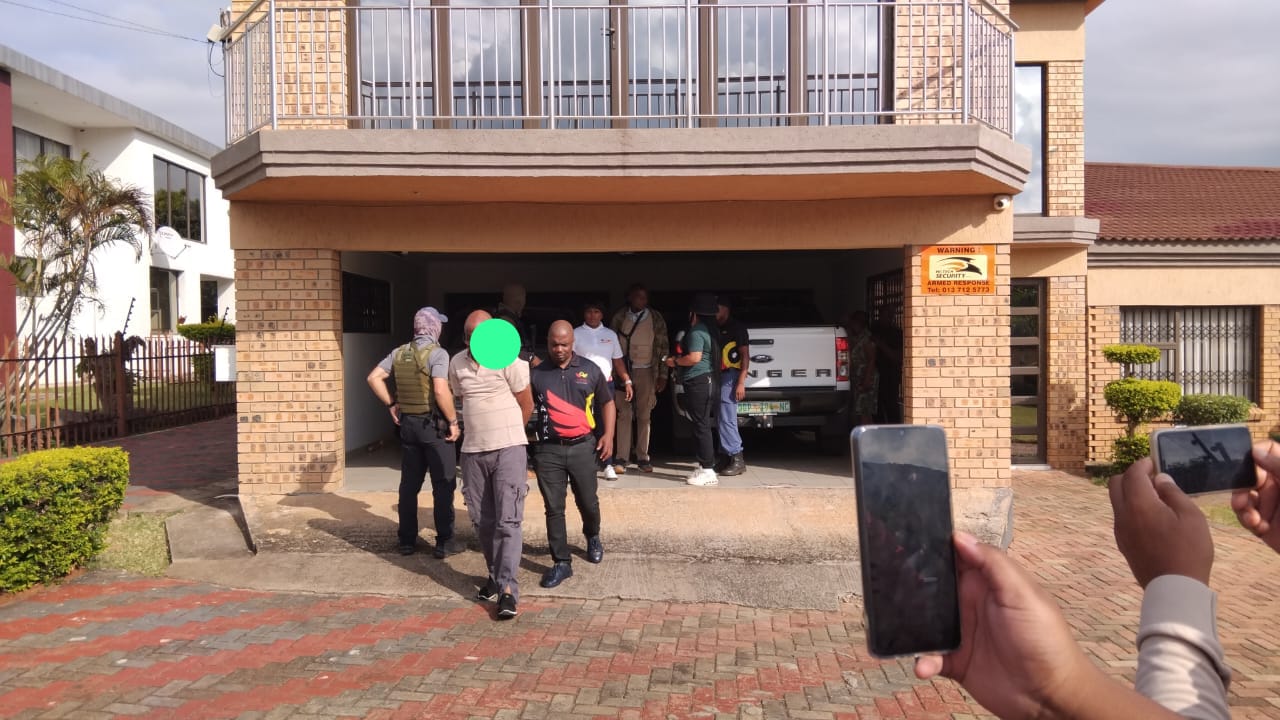 Hawks’ blitz vindicates whistleblower fired for exposing Mpumalanga school repairs corruption
Hawks’ blitz vindicates whistleblower fired for exposing Mpumalanga school repairs corruption
-
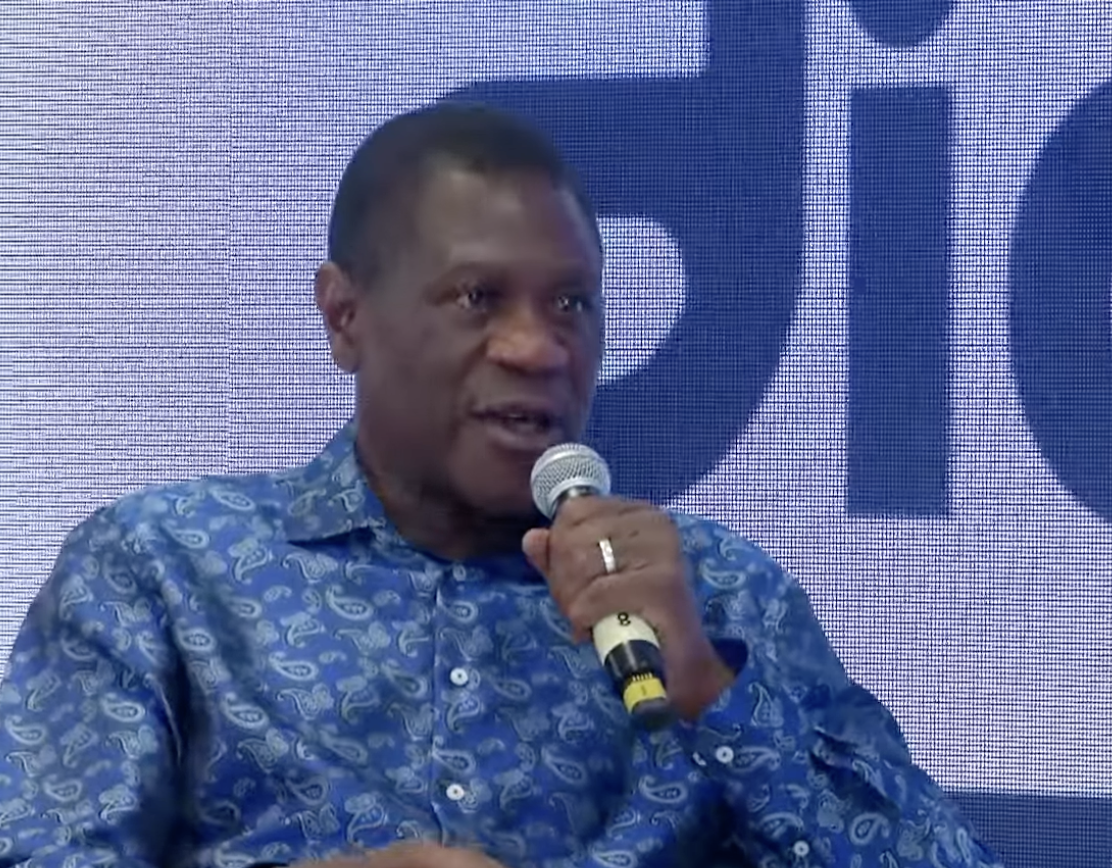 Fronting is economic sabotage – Mashatile
Fronting is economic sabotage – Mashatile
-
 Minister Tau must drill some sense as he intervenes in THL stalemate
Minister Tau must drill some sense as he intervenes in THL stalemate
-
 Financial sector must reform for B-BBEE to work – Dr Moleko
Financial sector must reform for B-BBEE to work – Dr Moleko
-
 Hawks pounce on Mpumalanga government officials in another repairs and maintenance scandal
Hawks pounce on Mpumalanga government officials in another repairs and maintenance scandal
-
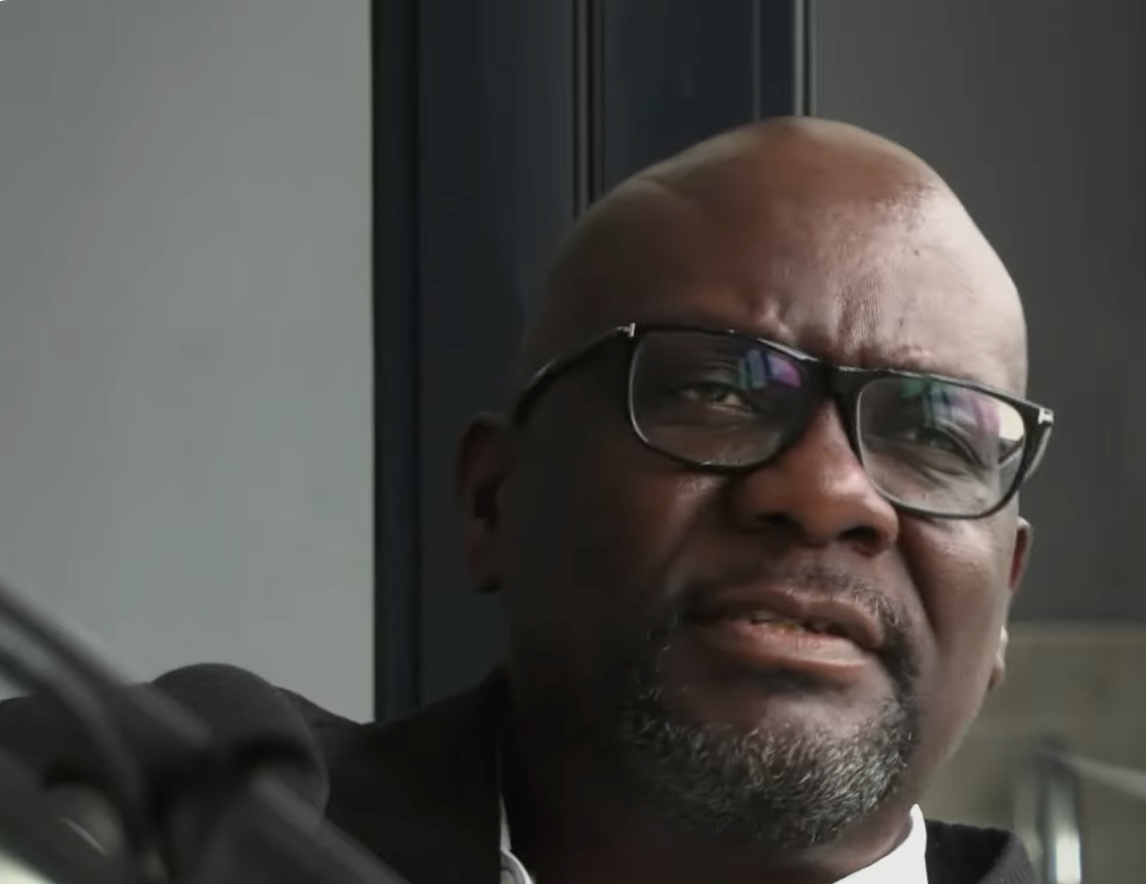 Mulaudzi files R5bn claim against the state
Mulaudzi files R5bn claim against the state
-
 Evaluation Board reinstates disputed value on Rupert’s Mpumalanga property
Evaluation Board reinstates disputed value on Rupert’s Mpumalanga property
-
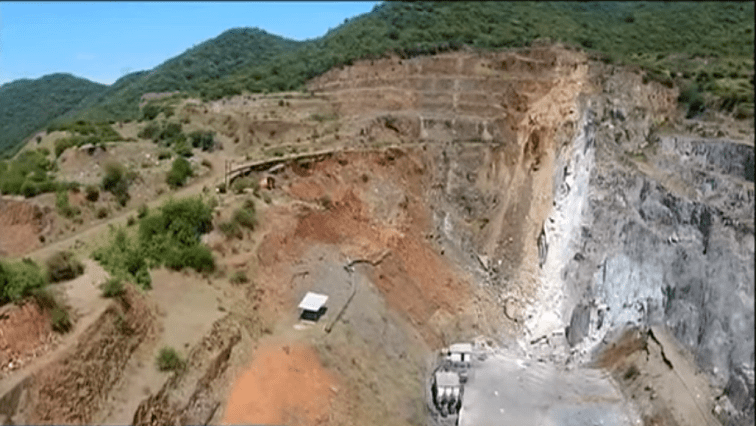 Arqomanzi accused of delaying Lily Mine sale because it’s eyeing R141m profit from loan claim
Arqomanzi accused of delaying Lily Mine sale because it’s eyeing R141m profit from loan claim
Outcry over R115 million budgeted for ‘tender cartel’s’ projects
Sizwe sama Yende
A tender cartel has allegedly infiltrated Mpumalanga’s infrastructure projects – causing unnecessary delays to suck more money.
According to Mpumalanga DA spokesperson on Public Works, Roads and Transport Teboho Sekaledi, the provincial government has allocated an additional R115 million towards projects awarded to the tender cartel. Sekaledi said that the party would report the matter to the Public Protector.
“These funds are set to benefit entities that continue to deliberately delay infrastructure projects to inflate costs and line their pockets at the expense of service delivery and accountability,” he said.
Sekaledi said that evidence of this budget allocation could be found in the 2024/2025 Fourth Quarterly Performance Report submitted to the Portfolio Committee of Public Works, Roads and Transport.
“The department mentioned that they have set aside an extra R115 million to complete key capital infrastructure projects like the Mkhondo Boarding School and the Mpumalanga Parliamentary Village. These are projects that have been deliberately delayed by the notorious Mpumalanga Tender Cartel at the expense of taxpayers.”
Sekaledi said that in 2022, the DA revealed that certain companies, had infiltrated Mpumalanga Government Infrastructure Projects, and not only do they get tenders to develop and construct, but now the tenders are stretched further into rental and facilities management services.
This Cartel, he said, has either been responsible, linked, or used as a cash-cow for ANC comrades through infrastructure projects that have cost Mpumalanga taxpayers billions of rands such as the:
· The Mpumalanga International Fresh Produce Market. This project is still not operational and is not bringing any benefits to the Mpumalanga people. The provincial government has also confirmed that significant challenges, including not being connected to running water, still prevent the MIFPM from becoming operational despite the province spending over R2 billion on the project to date.
· The High-Altitude Training Centre. This High-Altitude Training Centre is another failed project that has been used by this government to steal money from taxpayers. Construction of this project was supposed to start in the 2012/2013 financial year. Nearly R300 million has been spent so far on the project including purchasing land, feasibility study, environmental impact assessment and designs.
“But if one goes on site at eMakhazeni Local Municipality today, there is nothing to show for it. Project has been abandoned, and the money is gone just like that,” Sekaledi said.
· The Parliamentary Village, which was envisaged as far back as 2013 to curb government expenses, began construction in November 2017 and it had an estimated completion date of April 2020. Another issue relating to the construction of this Parliamentary Village is the inability of the Department of Public Works to stick within the agreed upon budget. On inception, it was stated that the Department would be spending R300 million to construct the Parliamentary Village. This figure has now been revised to just over R700 million..
· The Mkhondo Boarding School whose construction started in 2018. It was supposed to be an 18-month project at an estimated cost of R200 million. But by April 2025, the project is not even complete, yet nearly R800 million has already been spent.
“The DA suspects that at this rate, construction of this school would end up costing the taxpayer over the R1.05 billion that was spent on the construction of the 45 000-seater Mbombela Stadium,” Sekaledi said.
Other incomplete and costly projects include the new Middelburg Hospital, which was started in 2017 with an estimated completion cost of R1.4 billion.
The hospital was also due to open in 2020, but it remains incomplete and R1.8 billion has already been spent. Over expenditure on this project is R400 million.
The Mpumalanga Cultural Hub on which no brick has ever been laid has cost taxpayers over R200 million. This project was conceptualised in 2011.
“The DA is also advocating for the President’s SIU declarations to extend into these prolonged projects in order to prevent contractors from holding the provincial government at ransom at the expense of taxpayers,” Sekaledi said.

